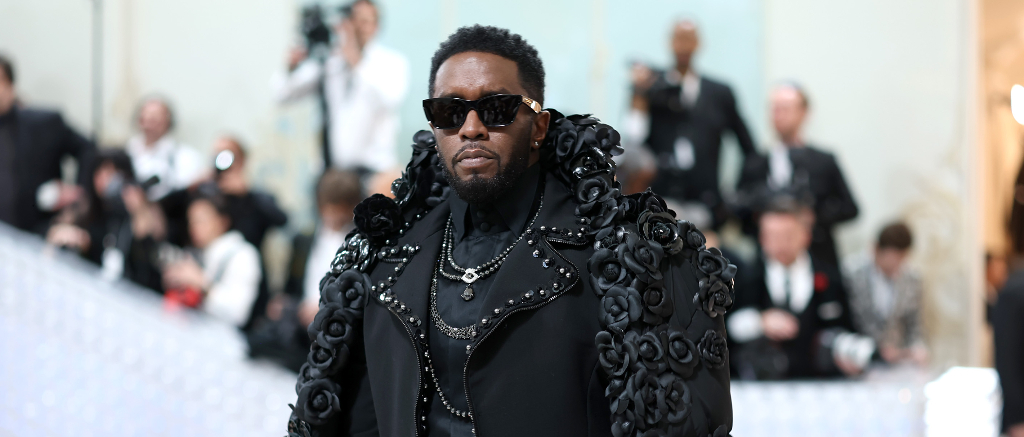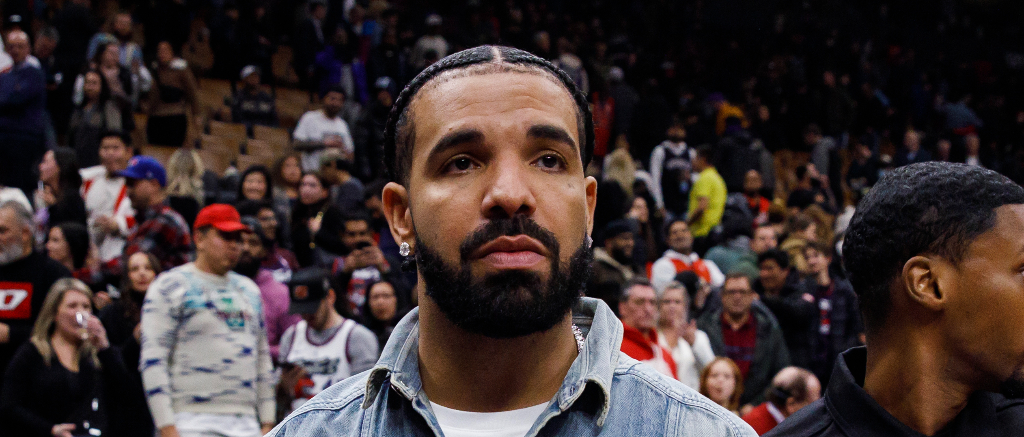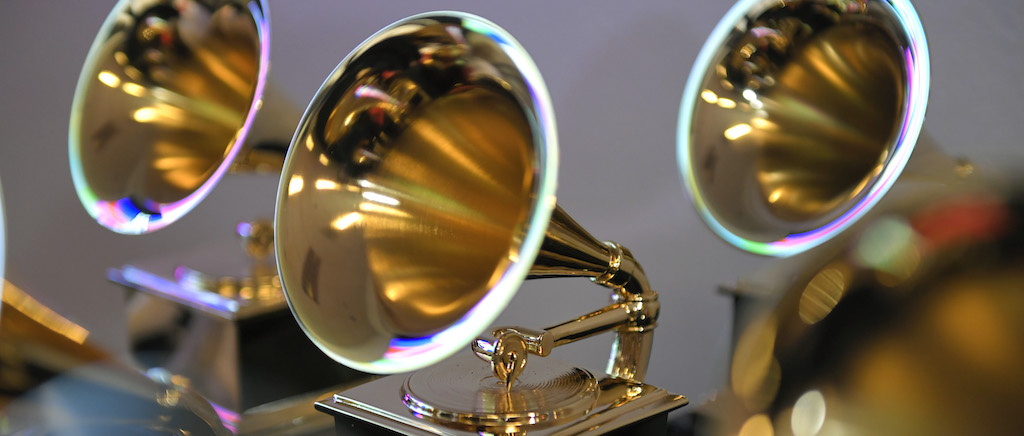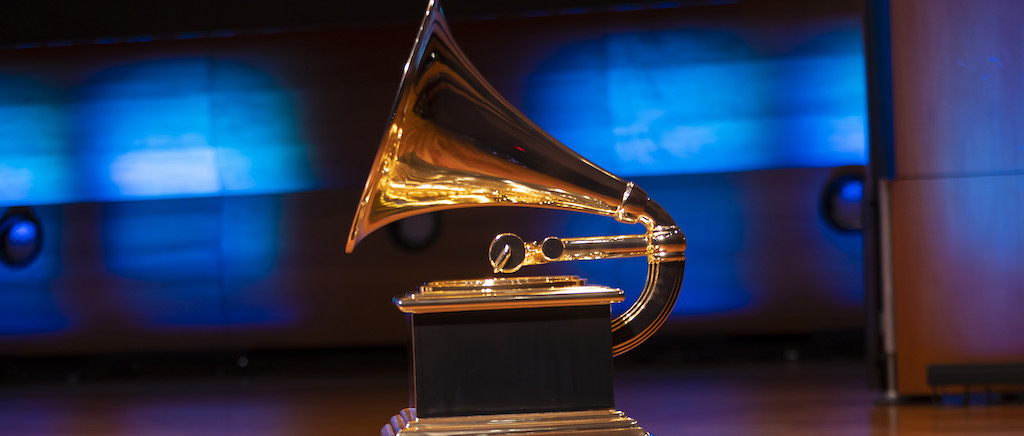
In light of Diddy’s recent legal troubles centered around sexual assault allegations, some have wondered what the Grammys are planning to do about the rapper: At the 2024 ceremony, his album The Love Album: Off The Grid earned a nomination in the Best Progressive R&B Album category.
Will Diddy’s Grammy nomination be taken away, and will he be welcome at the 2024 show? That’s unclear as of now, but the Recording Academy is at least looking into it.
“We are taking this matter very seriously and we are in the process of evaluating it with the time and care that it deserves,” the Recording Academy said in a statement shared with Rolling Stone.
As for Diddy’s nomination, based on recent precedent, it doesn’t appear likely it will be rescinded. In response to Marilyn Manson receiving a Grammy nomination in 2021, Recording Academy CEO Harvey Mason Jr. said at the time:
“We won’t restrict the people who can submit their material for consideration. We won’t look back at people’s history, we won’t look at their criminal record, we won’t look at anything other than the legality within our rules of, is this recording for this work eligible based on date and other criteria. If it is, they can submit for consideration.
What we will control is our stages, our shows, our events, our red carpets. We’ll take a look at anyone who is asking to be a part of that, asking to be in attendance, and we’ll make our decisions at that point. But we’re not going to be in the business of restricting people from submitting their work for our voters to decide on.”
Find the full list of 2024 Grammy nominations here.




 We can hear the music already, can you?
We can hear the music already, can you?  The 66th
The 66th 




